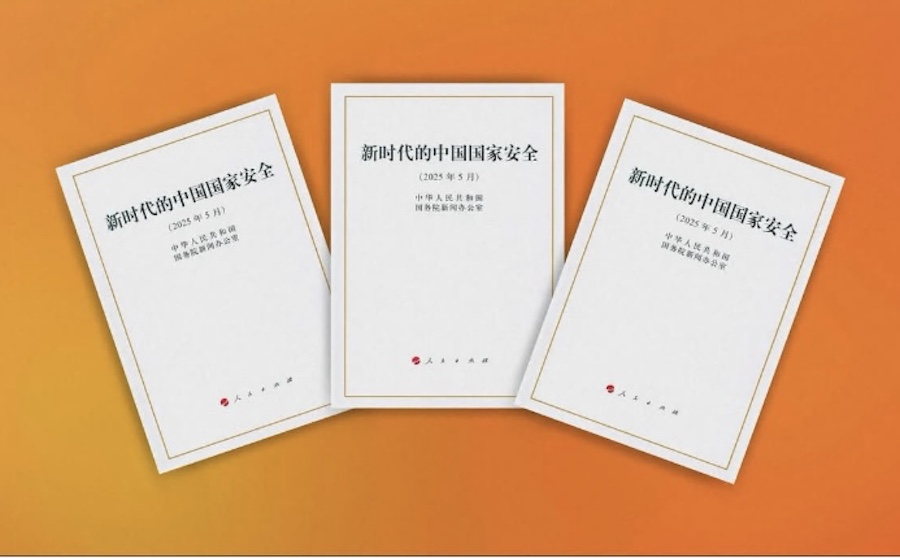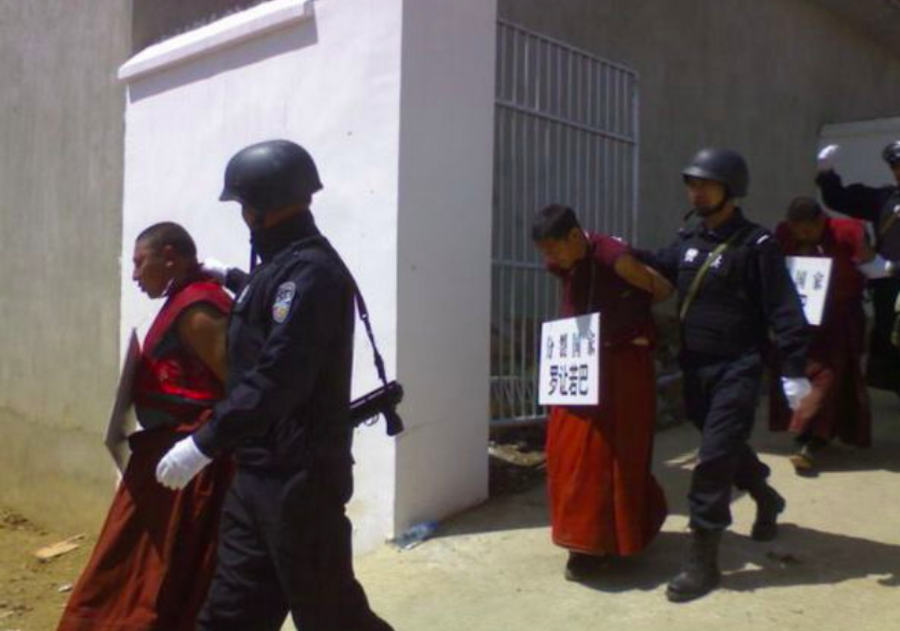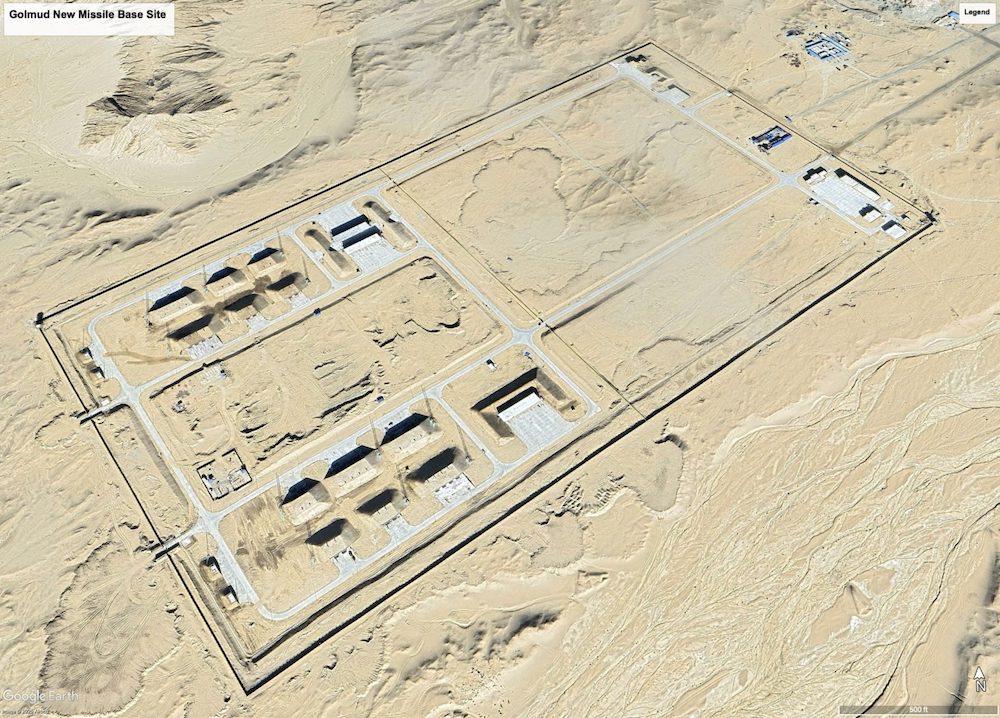By Tsering Dhundup
Dharamshala, May 27: The Chinese government has released its first-ever National Security White Paper, marking a significant shift in the framing of national security by positioning the Chinese Communist Party (CCP) as the central pillar of the country’s security strategy.
Issued on May 12 through the State Council, the document underscores the primacy of “political security”, placing the CCP’s leadership and ruling status at the core of China’s national stability and unity.
The White Paper repeatedly stresses that safeguarding the CCP and the continuation of China’s socialist system are fundamental to the country’s national interests. One of its key assertions states that “the leadership and ruling status of the Communist Party of China” constitutes the “fundamental framework of national security”.
Rooted in Xi Jinping’s “comprehensive national security” doctrine, the document links internal dissent with external threats, particularly in Chinese occupied countries such as Tibet and East Turkestan. In three notable mentions, it frames Tibetan and Uyghur issues not as matters of governance or civil rights, but as products of “Western anti-China forces” seeking to undermine China. “We must fully implement the Party’s strategies for governing Tibet and Xinjiang in the new era,” the document states, pledging to “crack down on secessionist and sabotage activities,” and to “effectively curb infiltration.”

Critics have noted a difference between the Chinese and English versions of the white paper. According to advocacy group International Campaign for Tibet, the Chinese-language version emphasises ideological loyalty and the CCP’s role in securing the nation, while the English summary presents a more benign picture centred around general themes such as public welfare and development omitting the more overt political messaging.
Observers say the elevation of the CCP’s role in a national security document reflects growing authoritarian tendencies under Xi Jinping, where dissent is equated with instability, and loyalty to the Party is deemed synonymous with patriotism. The explicit categorisation of Tibet as a “security concern” raises alarm among Tibetan advocacy groups, who see this as justification for continued surveillance, militarisation, and repression in the region.
The White Paper also comments on China’s border issues, claiming the resolution of land boundary disputes with 12 of its 14 neighbours, while naming India and Bhutan as exceptions. Notably, it asserts that disputes with Nepal have been resolved, a claim at odds with reports from Nepali media highlighting continued disagreements between the two nations.
As an official government publication, a white paper from the State Council typically outlines strategic directions and justifies state actions. This document, with its focus on the CCP’s role in national security, critics argue, signals a further tightening of political control and a securitised approach to ethnic and regional governance, particularly in Tibet.










